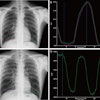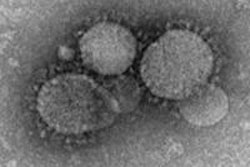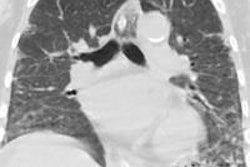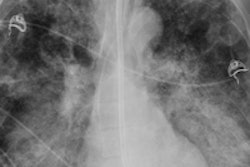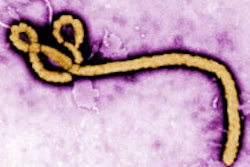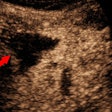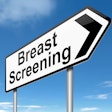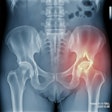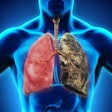A second case of Middle East respiratory syndrome (MERS) coronavirus infection has been reported in the U.S., in a healthcare worker who traveled to Florida from a hospital in Saudi Arabia, according to a May 12 news conference held by the U.S. Centers for Disease Control and Prevention (CDC).
The individual presented to the emergency room of an Orlando, FL, hospital on May 8 and was admitted, the CDC said. Personnel at the hospital suspected MERS and quickly identified infection with the virus, using kits provided by the CDC. The patient is now in isolation at the hospital and is doing well.
The patient is a male healthcare worker in Jeddah, which has been experiencing an outbreak of MERS infections. On May 1, he boarded a plane for the U.S., with stops in London, Boston, and Atlanta before his flight terminated in Orlando. The individual began experiencing fever, chills, and a slight cough on the flight from Jeddah to London, according to CDC Director Dr. Thomas Frieden.
The CDC is in the process of contacting travelers on the patient's flights through the U.S. to monitor those who may have been exposed, and it is working with global agencies to do the same for the patient's international flights. Meanwhile, Florida health authorities are reviewing their infection control measures and interviewing the patient's staff and family members to get detailed information about whether they were exposed.
In the May 12 press conference, Frieden emphasized that most MERS infections have occurred in healthcare workers who have had close contact with infected patients, as opposed to occurring in the community. The CDC sequenced the virus in the first U.S. case of MERS, in Indiana, and found that it has changed little from other cases.
"That is important because with the increase in cases from Saudi Arabia, one of the questions is, did the virus change?" Frieden said. "The answer is, probably not."
Frieden believes that the increase in MERS cases being reported is due to better monitoring. So far, there have been 538 cases of laboratory-confirmed MERS infections and 145 deaths. Saudi Arabia alone has 450 lab-confirmed cases and 118 deaths.
There is currently no vaccine for MERS; instead, Frieden and Florida health authorities advised travelers to take general infection control steps such as washing their hands often and not touching their eyes or mouths. The CDC is not recommending that people change their travel plans, but the agency did recently revise its travel advisory for those planning to work in healthcare settings in the Saudi Arabian peninsula.
On May 13, officials at the Orlando hospital, Dr. P. Phillips Hospital, confirmed that two of the 20 staff members who were exposed to the patient from Saudi Arabia have begun to show MERS symptoms, although they have not been confirmed as having MERS infections. One of the staff members has been hospitalized, while the other has been treated and released and is now recovering at home.
The hospital is testing all 20 staff members for MERS infection; test results should be available in the next two days, according to a spokesperson for the hospital.


